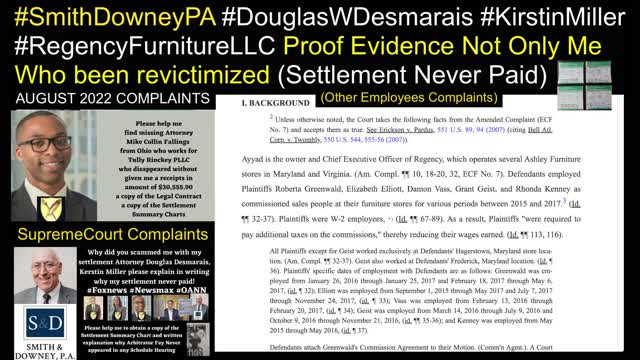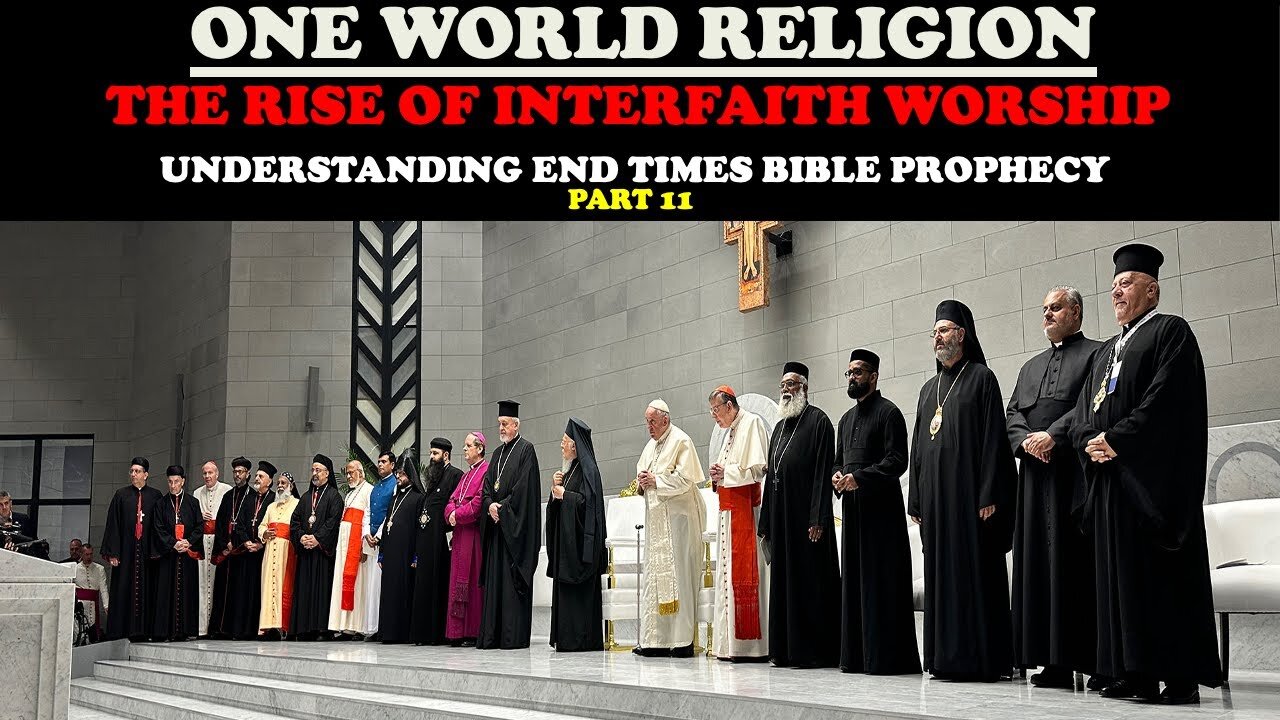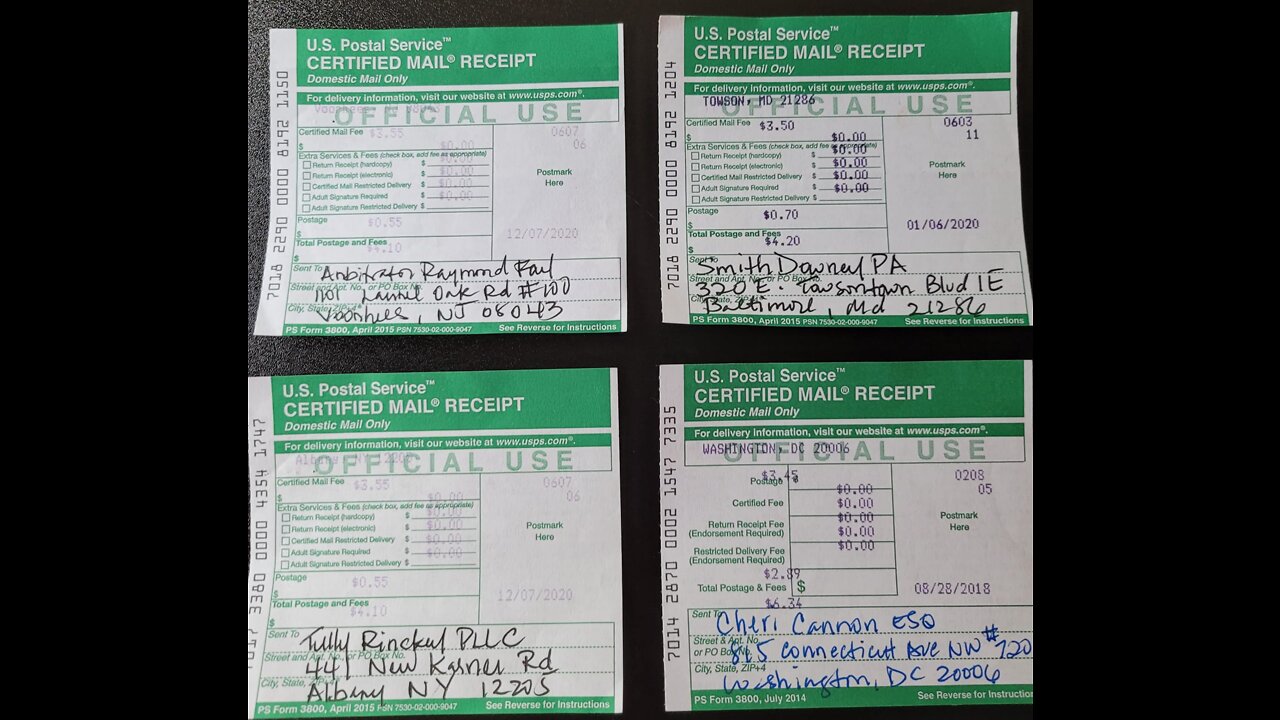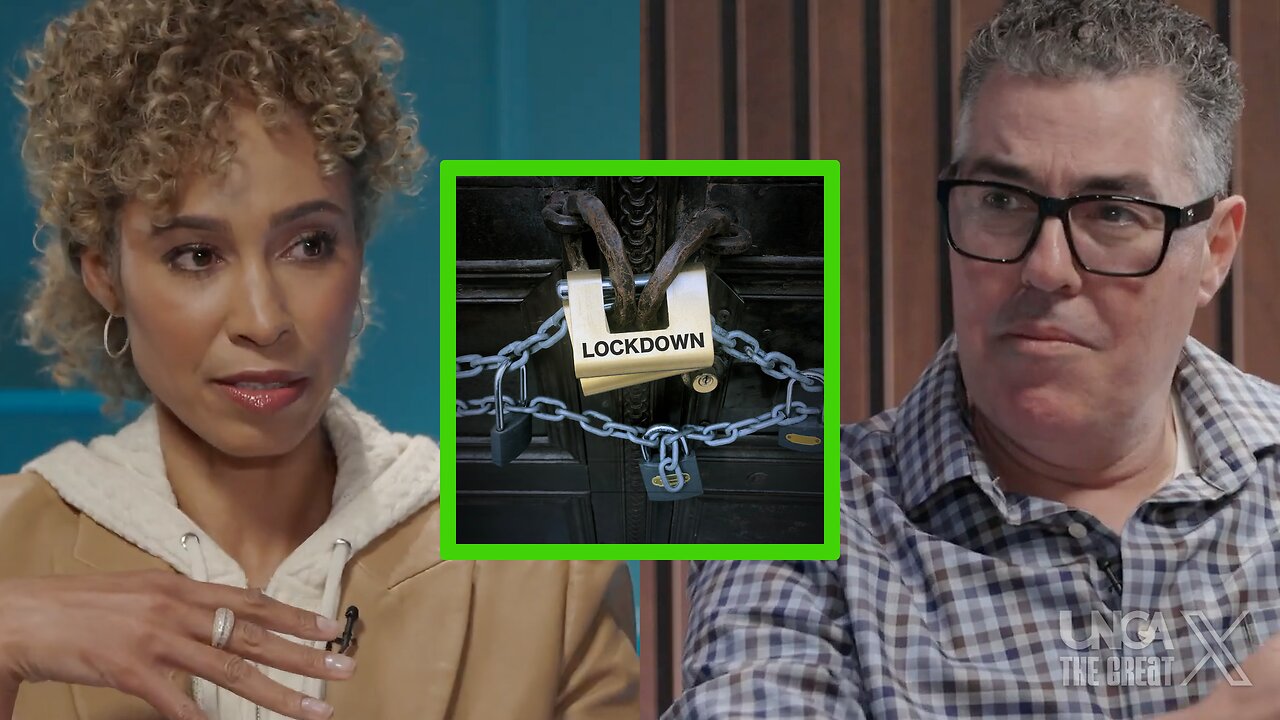Why Most People Lose Defamation Lawsuits | New York Times v. Sullivan
In episode 70 of Supreme Court Briefs, a police commissioner sues the New York Times for defamation after it runs an ad that talks trash about his department.
Produced by Matt Beat (Beat Productions). All images/video by Matt Beat, found in the public domain, or used under fair use guidelines. Music by @ElectricNeedleRoom (Mr. Beat's band). Download the song here: https://electricneedleroom.bandcamp.com/track/we-want-to-be
Mr. Beat's Supreme Court Briefs playlist: https://youtube.com/playlist?list=PLHtE7NbaKRef-x3QBDpwvJsr6i1Z3I6TN
Here's an annotated script with footnotes: https://docs.google.com/document/d/1IJIT7809e-BjuC1s961TdIJzbBjt1HJwO_JUVDpa5h4/edit?usp=sharing
Check out cool primary sources here:
https://www.oyez.org/cases/1789-1850/32us243
Other sources used:
https://www.mtsu.edu/first-amendment/article/525/barron-v-baltimore
https://supreme.justia.com/cases/federal/us/32/243/
https://en.wikipedia.org/wiki/Barron_v._Baltimore
https://www.thirteen.org/wnet/supremecourt/antebellum/landmark_barron.html
A related case: https://www.youtube.com/watch?v=oCMQ5MrQfs0
For sponsorship and business inquiries or to send snail mail to Mr. Beat:
https://www.iammrbeat.com/contact.html
https://www.youtube.com/c/iammrbeat/about
How to support and donate to my channel:
On YouTube subscribe to @iammrbeat & hit the notification bell 🔔
Join for great perks on Patreon: https://www.patreon.com/iammrbeat
Donate to Mr. Beat on Paypal: https://www.paypal.me/mrbeat
Buy Mr. Beat a coffee: https://ko-fi.com/iammrbeat
Book me on Cameo, yo: https://www.cameo.com/iammrbeat
Subscribe to my second channel: @mattbeatgoeson
Join Patreon for The Beat Goes On: https://www.patreon.com/thebeatgoeson
Connect with me:
Links to everything: https://linktr.ee/iammrbeat
My website: https://www.iammrbeat.com/
My podcast: https://anchor.fm/thebeatpod
Reddit: https://www.reddit.com/r/mrbeat/
@beatmastermatt on Twitter: https://twitter.com/beatmastermatt
Facebook: https://www.facebook.com/iammrbeat/
Instagram: https://www.instagram.com/iammrbeat
Beatcord: https://discord.gg/g8cZPjt
Mr. Beat's TikTok: https://www.tiktok.com/@iammrbeat
Mr. Beat merch:
https://matt-beat-shop.fourthwall.com/
https://www.bonfire.com/store/mr-beat/
https://sfsf.shop/support-mrbeat/
https://amzn.to/3fdakiZ
#supremecourtbriefs #supremecourt #apgovt
New York City
March 29, 1960
The New York Times publishes a full-page advertisement called “Heed Their Rising Voices,” which aimed to shine a spotlight on the persecution of and violence against civil rights protestors throughout the South. It specifically talks trash about the Montgomery, Alabama police force, saying that they had arrested Dr. Martin Luther King, Jr. seven times and that “truckloads” of them had stormed the Alabama State College. So uh…yeah…the ad had definitely stretched the truth. When Montgomery’s police commissioner, L.B. Sullivan, saw the ad, he was like “what the heck?!?” He viewed it as a personal attack on him and his entire police force.
Even though the ad didn’t specifically name Sullivan, he decided to write the New York Times anyway, asking the newspaper to publish a retraction of the ad. In other words, Sullivan wanted the New York Times to take it all back and admit to publishing false information. Well, the New York Times issued no such retraction. Instead, its lawyers wrote Sullivan a nice little letter that said the newspaper had no good reason to publish a retraction. Specifically, their letter said, “we…are somewhat puzzled as to how you think the statements in any way reflect on you,” adding, “you might, if you desire, let us know in what respect you claim that the statements in the advertisement reflect on you.”
Uh-huh. Sullivan didn’t like that so much, either. He sued the New York Times, saying the newspaper broke Alabama’s law for libel, a type of written defamation that hurt the reputation of someone or something. He also sued four African American ministers mentioned in the ad. After this, the New York Times did issue a retraction, but only for the Governor of Alabama, John Patterson….not Sullivan. In the Circuit Court of Montgomery County, Sullivan only had to prove that the New York Times published mistakes and that they probably hurt his reputation. The court sided with Sullivan, ordering the New York Times to award him with $500,000 in damages, which is nearly $5 million in today’s money. The New York Times appealed to the Alabama Supreme Court, but it agreed with the lower court. After this, the newspaper appealed again, this time to the SUPREME Supreme Court, who agreed to hear oral arguments in January 1964. The New York Times, of course, argued that the freedom of speech and freedom of the press parts of the First Amendment protected their right to publish that ad. It also argued that Alabama’s libel law specifically went against the First Amendment.



















![Ep 3258b - [DS] Prepares Their Second Coup Against Trump & The People, Right On Schedule, Game On](https://hugh.cdn.rumble.cloud/s/s8/1/8/M/7/i/8M7ip.qR4e-small-Ep-3258b-DS-Prepares-Their-.jpg)





























